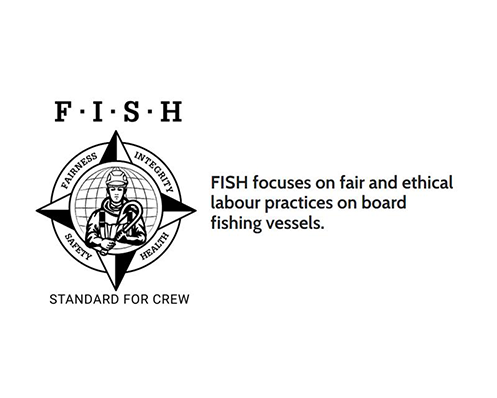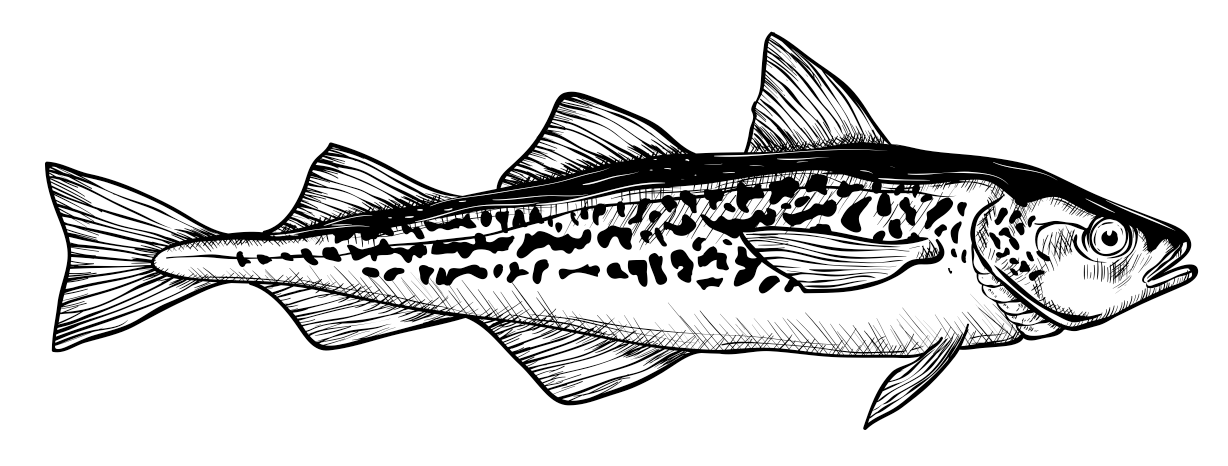Seafood Sourcing:
Know Your Catch
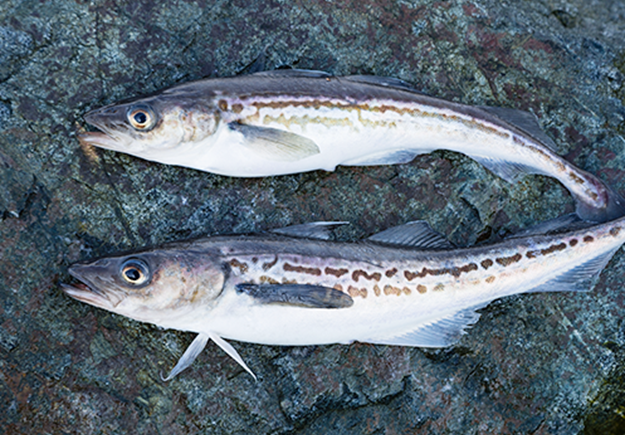
In today's world, understanding where your seafood comes from is more crucial than ever. Recent investigations have shed light on concerning seafood production practices abroad, particularly in countries like Russia and China, where ethical practices have been called into question.
We understand that quality, taste and ethical integrity are paramount to you and your consumers, and they can vary significantly depending on the source and processing methods. When it comes to Wild Alaska Pollock, sourced straight from the pristine waters off the coast of Alaska, you're getting a superior product that reflects transparency, integrity, and ethical sourcing. As you and your customers become more aware of these issues, we’re here to help.
We aim to provide you with information and insights that will not only assure you about the superiority of Wild Alaska Pollock but also help you better cater to consumers’ desires and needs. Together, we can work towards a more ethical seafood sourcing landscape.
Understanding the Origins of Your Pollock
Not all pollock products are the same in terms of quality, taste, or ethical integrity. In fact, recent reports have shed light on concerning practices surrounding seafood sourced from overseas.
Wild Alaska Pollock:
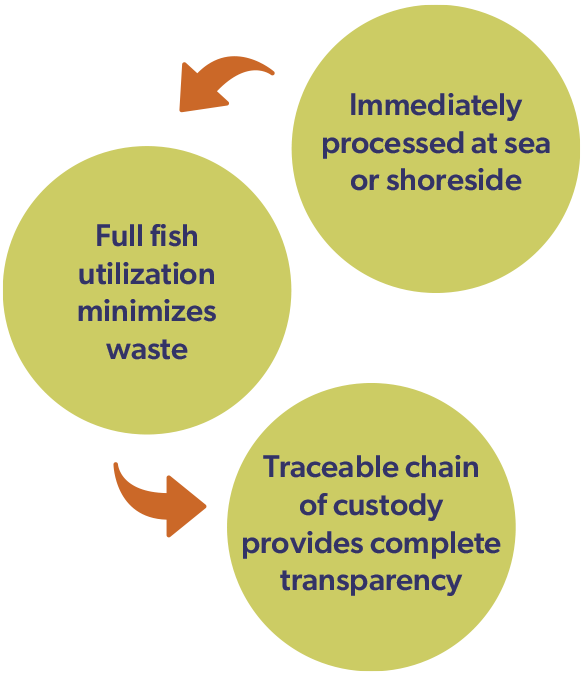
Non-US Pollock:
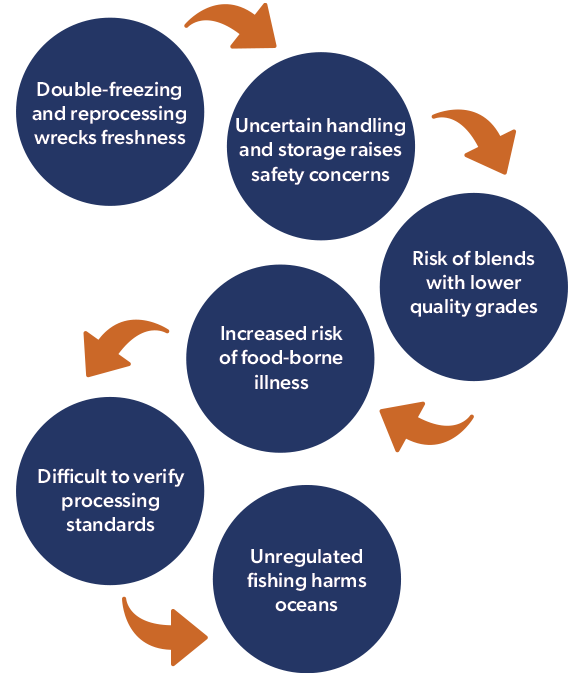
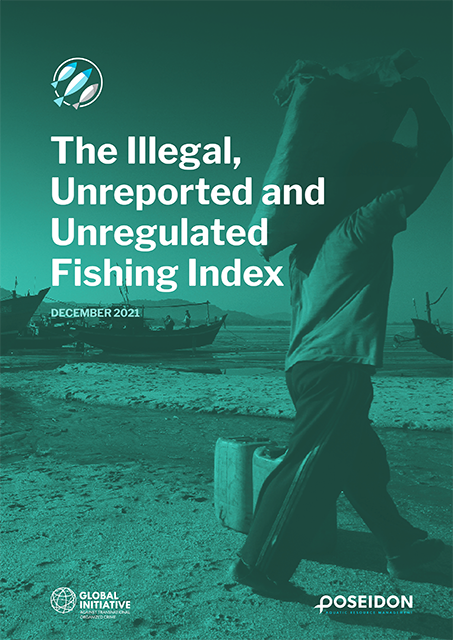
Russian-Caught Pollock:
Threats to Ocean Conservation and Military Funding
Russia can’t be trusted to care for our oceans. Their fisheries lack independent management safeguards, as evidenced by inadequate observer coverage and numerous cases of manipulated and fabricated catch and location data. Alarmingly, Russia has been ranked second worst out of 152 nations for illegal, unreported, and unregulated (IUU) fishing risk.
Moreover, Russia's exploitation of seafood revenue to fund military endeavors, notably the ongoing conflict in Ukraine, raises serious concerns. Close ties between the Russian government and dominant players in the seafood sector facilitate the diversion of fishing profits towards military activities. Adding to this, new export duties of up to 7% were recently imposed on all seafood products to further finance the Russian government1.
Furthermore, fish caught by Russian fleets typically undergo a process of being twice frozen and reprocessed in China before distribution to the EU and other markets. This practice compromises both the quality of the fish and ethical sourcing standards, resulting in a product that falls short of expectations for high-quality seafood from responsible sources.
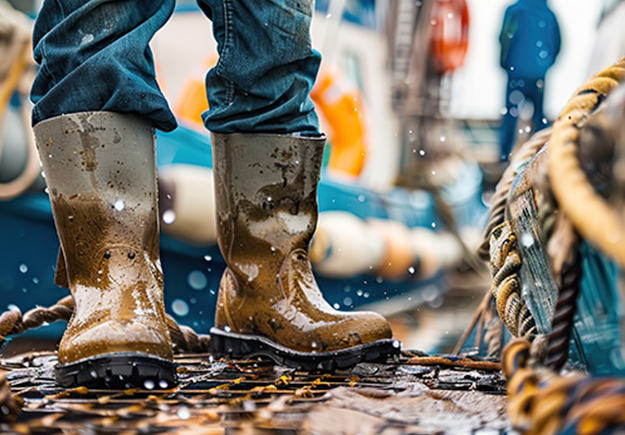
Unethical Processing in China: Exploitation of Seafood Processing Workers
Russian-caught pollock is often sent to China for processing, where troubling labor practices have been uncovered. Investigative reports have confirmed the exploitation of ethnic minorities, including North Koreans, in Chinese seafood processing plants, casting doubts on the integrity of seafood that is sourced from China. Recent in-depth reporting by The New Yorker revealed the presence of Uyghur and North Korean laborers in numerous seafood processing plants, sparking further concerns regarding the treatment of these workers and the integrity of Chinese seafood processing practices.
Wild Alaska
Pollock:

ETHICALLY SOURCED

Sustainable
Practices

High Quality

RFM Certified

"Wild Alaska Pollock"
Label Guarantee
Non-US
Pollock:

Unethical Sourcing
Concerns

Twice Frozen &
Reprocessed

Labor Exploitation
Risks

Lack of Transparency
Impact of Recent Executive Order
In response to Russia’s invasion of Ukraine, the US government has imposed sanctions on Russian seafood, including Russian-harvested pollock that is processed in China. This critical step aims to safeguard American consumers, and to disrupt funding channels that the Russian seafood economy is providing to Russia's war against Ukraine. The expanded US sanctions are an important step forward for transparency and ethical sourcing in the US seafood market. They represent a significant stride towards ensuring consumers receive higher-quality and more ethically-sourced seafood options.
The Superiority of Wild Alaska Pollock
As investigations reveal more about troubling practices in parts of global seafood production, consumers increasingly seek reassurance that their purchases align with their values of transparency, integrity, and ethical sourcing. They want to have more information about their seafood, and more confidence and pride that their purchases are contributing to a more sustainable and responsible seafood industry.
importance of attribute to fish purchasing decisions
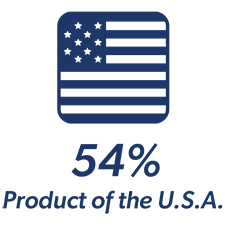
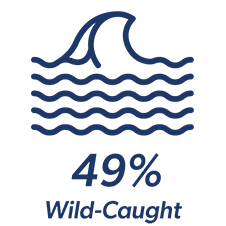
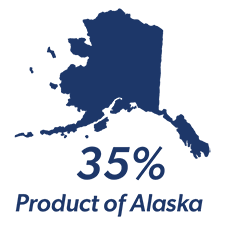
Alaska-caught Wild Alaska Pollock stands out as a beacon of reassurance. Only fish caught in waters off the coast of Alaska by US fleets can be labeled as 'Wild Alaska Pollock' in the US market, assuring consumers that they are purchasing US fish produced under the most ethical and sustainable practices. Wild Alaska Pollock adheres to the highest standards for labor, sustainability, and safety throughout the entire supply chain. From ocean to plate, our commitment to transparency, integrity, and ethical sourcing is unwavering.
Moreover, the Eastern Bering Sea Alaska pollock fleet performs primary processing immediately at sea, or delivers to shoreside processing plants located in Alaska. This process utilizes the entire fish to produce fillet blocks, surimi blocks, and a variety of other products. Following processing in Alaska, these products are transported to secondary processing facilities located in or near the markets where they are consumed. Detailed information about the product's origin, including the harvest vessel and the time and date of catch, is readily accessible to anyone handling our product.
Consumer Likelihood To Purchase Fish Across Origins

By opting for Wild Alaska Pollock, you're not just selecting a product; you're making an investment in quality and responsibility. This choice not only guarantees superior seafood but also helps to avoid supporting inferior options with questionable sourcing practices. By choosing Wild Alaska Pollock, consumers have confidence in their seafood choices, knowing they do not indirectly support geopolitical conflicts or perpetuate unethical labor practices. It's imperative that consumers not only know where their fish is sourced but actively seek out Wild Alaska Pollock to ensure they're supporting the highest quality and most ethically sourced seafood available.
Third-Party Assurance
Wild Alaska Pollock proudly holds Responsible Fishery Management (RFM) certification, an important accreditation benchmarked by the Global Sustainable Seafood Initiative (GSSI) and aligned with the United Nations Food and Agriculture Organization (FAO) Code of Conduct for Responsible Fisheries. This certification ensures that our fishery adheres to rigorous standards set forth by independent third parties.
RFM certification offers independent confirmation that an effective fishery management system with Chain of Custody assurance are firmly established. Seafood sourced from RFM certified fisheries offers consumers and stakeholders peace of mind and confidence in the responsibility of their seafood choices.
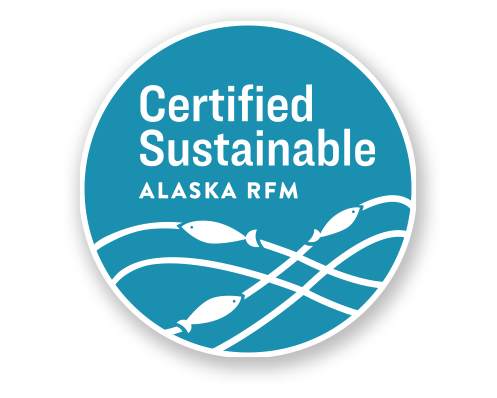
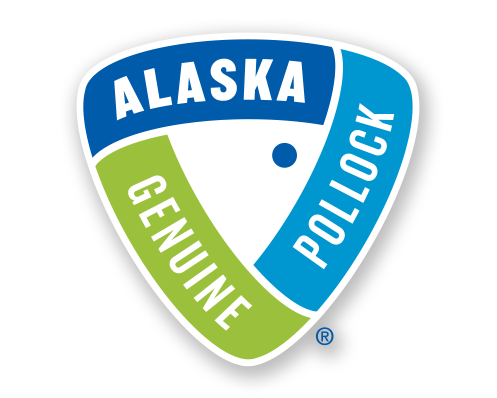
Understanding the "Wild Alaska Pollock" Label
Until recently, pollock caught in Russian waters by Russian fleets could be labeled by the Alaska Pollock species name, leading to confusion among consumers. To ensure transparency, GAPP advocated for name protection. Now, only pollock caught off the coast of Alaska by US fleets can be labeled as Wild Alaska Pollock in the United States, guaranteeing adherence to the highest standards of quality, sustainability, and ethical sourcing. When you see the Alaska Pollock label, rest assured you're getting the finest quality from Alaska's pristine waters.
Wild Alaska Pollock Vessels Set the Standard with FISH Certification
Alaska pollock fishery vessels are renowned for their best-in-class safety and labor standards, verified through rigorous at-sea inspections by the US Coast Guard. In a significant milestone for the industry, 14 Wild Alaska Pollock harvesting and processing vessels have been certified against the FISH Standard for crew welfare and safety. This accolade highlights the dedication of Wild Alaska Pollock fleets to uphold high standards of crew treatment and fairness. Through extensive audits and inspections conducted by MRAG Americas, these vessels demonstrated adherence to stringent policies and procedures, ensuring the well-being and equitable treatment of their crews. This third-party certification of vessel labor standards can assure retailers and consumers that their seafood is responsibly and ethically sourced.
